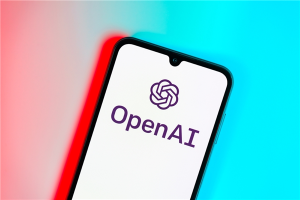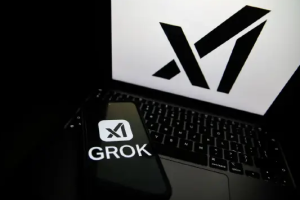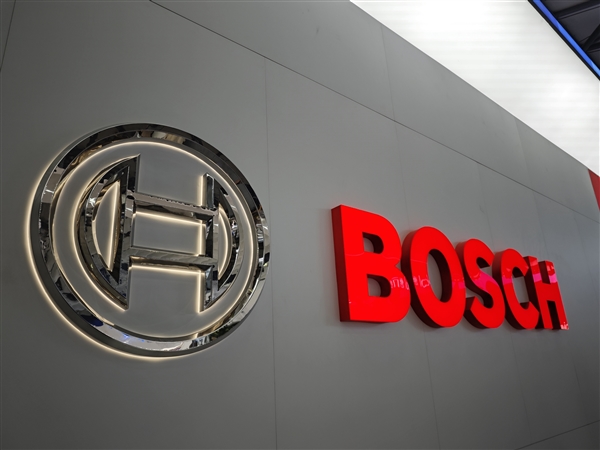May 22 2025 – Language learning platform Duolingo, recognized globally for its owl mascot, has been doubling down on generative AI in recent years, according to a Fortune report on the 20th. The company made headlines last year when it briefly replaced its CEO with an AI-generated avatar during an earnings call, and it recently announced plans to permanently replace contract workers with AI systems last month.
Yet Duolingo’s ambitions now extend far beyond these symbolic gestures. Leveraging insights from over 116 million monthly active users, the company has developed techniques to enhance learning motivation and even predict student performance ahead of exams. Founder and CEO Luis von Ahn argues that AI’s capacity for personalized instruction could automate the majority of educational tasks within decades. “At its core, I don’t believe there’s any knowledge that computers can’t teach,” von Ahn stated during an interview with the No Priors podcast. He anticipates a paradigm shift in education, citing AI’s superior scalability compared to traditional teacher-dependent models. However, he clarified that this evolution doesn’t signal the end of teachers or schools. “Human instructors will still be needed for student care, and schools will retain their role as childcare hubs,” von Ahn explained.

When podcast host Sarah Guo pressed further, asking if schools would focus solely on childcare while students learned via Duolingo, von Ahn responded, “Something along those lines, yes.”
Still, von Ahn acknowledged limitations in Duolingo’s quiz-and-practice-focused approach. Subjects like history, he noted, are better suited for “high-quality video content”—a domain where AI currently struggles. He emphasized AI’s scalability advantage in education, noting that “a single teacher can’t tailor lessons for 30 students, but computers can analyze individual strengths and weaknesses with precision.”
Von Ahn has previously argued that waiting for perfect technology would be a strategic error. “Duolingo must move quickly, even if it means occasional compromises on quality, to avoid missing critical opportunities,” he stated in earlier remarks.












